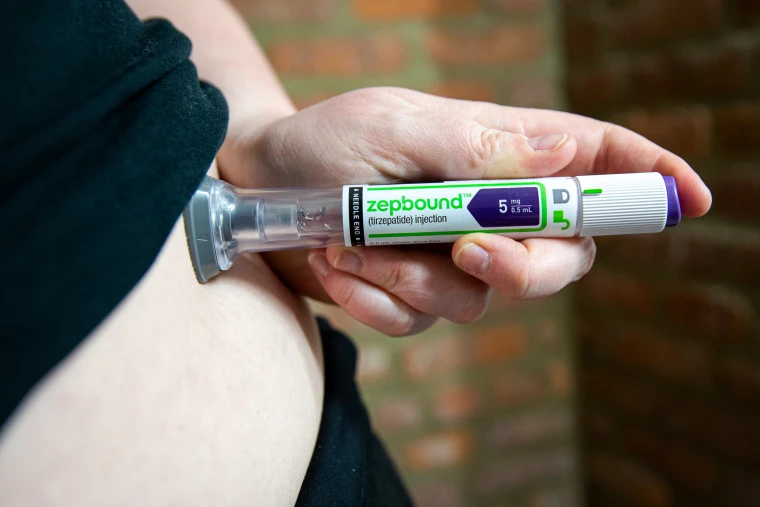The Zepbound lawsuit has garnered significant attention in the pharmaceutical industry and among legal experts. This case involves Eli Lilly, the manufacturer of Zepbound, a popular medication used for weight management and diabetes. Allegations against the company include the marketing and distribution of unauthorized or counterfeit versions of the drug, raising serious questions about safety and regulatory compliance. As the case progresses, experts are offering their predictions on the potential outcomes and implications of the lawsuit.
Background of the Zepbound Lawsuit
Eli Lilly has been embroiled in legal battles concerning the unauthorized distribution of its tirzepatide-based products, including Zepbound. The company has targeted various entities, such as med spas, that allegedly sold counterfeit or unapproved versions of these medications. The lawsuit aims to address the misleading practices that falsely suggested these products were FDA-approved, posing significant health risks to consumers (FiercePharma) (Sokolove Law).
Key Legal Issues
Several critical legal issues are at the heart of the Zepbound lawsuit:
- Counterfeit Medication: The sale of unauthorized versions of Zepbound that may contain harmful substances or incorrect formulations.
- Consumer Safety: The potential health risks associated with counterfeit medications, including severe side effects and lack of efficacy.
- Regulatory Compliance: The failure of certain distributors to comply with FDA regulations, leading to legal actions by Eli Lilly.
Expert Predictions
Legal Outcomes
Experts predict that the Zepbound lawsuit could result in significant settlements or verdicts favoring Eli Lilly. Given the seriousness of the allegations and the evidence presented, there is a strong possibility that the courts will impose stringent penalties on the defendants. This could include substantial financial compensation and mandatory corrective actions to prevent future occurrences (FiercePharma).
Impact on the Pharmaceutical Industry
The verdict of the Zepbound lawsuit is expected to have far-reaching implications for the pharmaceutical industry. A favorable outcome for Eli Lilly may set a precedent for stricter enforcement of regulations concerning counterfeit medications. It could also encourage other pharmaceutical companies to take more aggressive legal actions against unauthorized distributors, thereby enhancing overall consumer safety (Sokolove Law).
Consumer Confidence
Restoring consumer confidence in the safety and efficacy of medications is a critical concern. If Eli Lilly secures a favorable verdict, it may help reassure consumers about the authenticity and safety of their products. However, ongoing vigilance and regulatory oversight will be necessary to maintain this confidence in the long term.
Conclusion
The Zepbound lawsuit represents a significant legal battle with implications that extend beyond the immediate parties involved. As the case unfolds, the predictions by experts highlight the potential for substantial legal, industry, and consumer impact. The final verdict will likely serve as a benchmark for addressing similar issues in the pharmaceutical sector, underscoring the importance of regulatory compliance and consumer safety.



